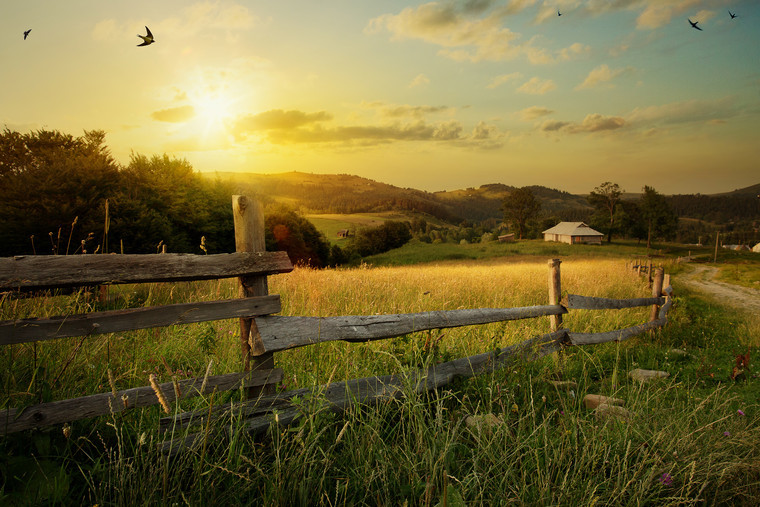The first of a a series of panel-led virtual debates, known as RED Talks (Rural Economic Development Talks) focused on Cash in the Coronavirus Climate. Rural Policy Group, spearheaded by Mark Lumsdon-Taylor, brought together a panel of heavy-hitters from the fields of business, finance and policy which included Jonathan Geldart, Director General of the IoD, Sarah Dodd, National Lead for Agriculture at MHA MacIntyre Hudson, Sarah Calcutt, Chair of the National Fruit Show and Jonathan Shaw, former Minister for Rural Affairs and CEO of Policy Connect.
The debate ranged across subject as critical and diverse as financial support available from government, ways of managing cashflow, the impact of the pandemic on farm diversification activities such as agritourism, lobbying to improve the furlough scheme for company directors and the importance of keeping devolution on the government agenda to secure the future of the rural sector.
When the delegates were polled on a series of questions about their business performance and outlook, the responses were simultaneously bleak, yet hopeful. This hopefulness reflects the resilience, tenacity and adaptability of the farming and rural business community, many of whom have faced similar threats to their economic survival in recent years from bovine TB, Bird Flu, Schmallenberg Virus, and nobody could forget the devastating images of fires during the 2001 Foot & Mouth outbreak.
Key findings from the polls:
- 77% of businesses will take over six months to recover from the current crisis, plus any loan repayment periods.
- 90% of rural businesses have not accessed Coronavirus Business Interruption Loans.
- 65% of rural businesses will digitize in response to Covid-19.
- Nearly 10% of rural businesses will not recover from Covid-19.
Mark Lumsdon-Taylor, Corporate Financier, Founder and Chair of Rural Policy Group, says of the findings: “The biggest anomaly was that while only 14% of businesses in the rural economy had not seen trade negatively impacted, 90% of businesses had not accessed – or been able to access – the government-backed Coronavirus Business Interruption Loans. I wholeheartedly welcome the enhanced range of government support including the Bounce Back Loan Scheme and hardship funding for dairy farmers which will enable more rural business to continue trading through the pandemic and beyond”.
Maintaining cashflow during the crisis is essential to the 86% of rural businesses who have witnessed the market for their products and services dry up overnight. Yet many rural enterprises were falling through the gaps in government support – they are predominantly the micro businesses, the small family businesses and the sole traders who have only recently been brought in from the cold. Emergency government support is a vital lifeline for many business owners (and their employees) but it is not the aim of the game. Rural entrepreneurs are doing what they do best and adapting to survive: independent retailers and farmers started up box schemes and online shopping; village coffee shops began selling local produce alongside their take-away coffee and cake. Rural communities coming together to support one another in a crisis.
Only time will tell how the rural economy recovers and we all have a role play in making sure it recovers better. In recovery it will be our turn to support the businesses who supported us during the crisis. Take holidays in the UK. Eat more British cheese. Drink more British wine. Support your local businesses. This is an opportunity to rebuild a more sustainable economy; greener and with more resilience to global shocks.




